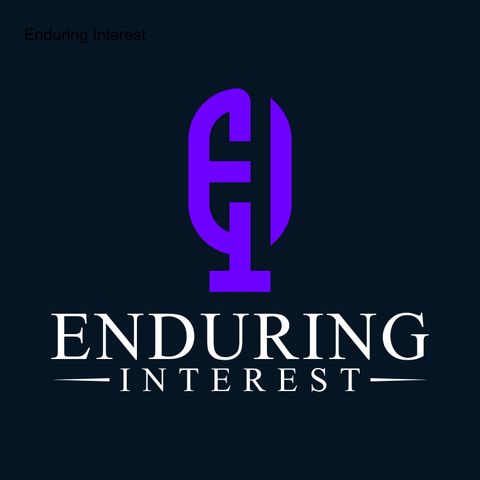SPEECH AND CENSORSHIP #3: Yuval Levin on Walter Berns and Irving Kristol on the Case for Censorship

Dec 13, 2023 ·
1h 3m 23s
With our December episode we continue our series on speech and censorship. We take up two essays which make the case for a particular kind of censorship: Walter Berns’s https://www.nationalaffairs.com/public_interest/detail/pornography-vs-democracy-the-case-for-censorship...
show more
With our December episode we continue our series on speech and censorship. We take up two essays which make the case for a particular kind of censorship: Walter Berns’s “Pornography v. Democracy: The Case for Censorship” and Irving Kristol’s “Pornography, Obscenity and the Case for Censorship.” Berns’s essay was published in The Public Interest in the winter of 1971 and Kristol’s in The New York Times Magazine in March 1971.
Our guest is Yuval Levin, who’s the director of Social, Cultural, and Constitutional Studies at the American Enterprise Institute (AEI), where he also holds the Beth and Ravenel Curry Chair in Public Policy. The founder and editor of National Affairs, he is also a senior editor at The New Atlantis, a contributing editor at National Review, and a contributing opinion writer at The New York Times.
Dr. Levin publishes essays and articles in numerous publications, including The Wall Street Journal, The Washington Post, The Atlantic, and Commentary. He is the author of several books on political theory and public policy, most recently A Time to Build: From Family and Community to Congress and the Campus, How Recommitting to Our Institutions Can Revive the American Dream.
We discuss how Berns and Kristol define obscenity and why they each think a healthy society must make a distinction between the obscene and the non-obscene. Levin shows how Berns explores the distinction between the public and the private and why the capacity for shame is central to his thinking. We look at how both authors draw on the idea that democracy, perhaps more that any other form of government, demands a kind of moral formation that requires censorship and whether liberal democracy can be an exception to this idea. Berns concludes his essay with a defense of obscenity and its use by the great authors so we spend some time grappling with the necessity of transgression and how that might affect the case for censorship.
show less
Our guest is Yuval Levin, who’s the director of Social, Cultural, and Constitutional Studies at the American Enterprise Institute (AEI), where he also holds the Beth and Ravenel Curry Chair in Public Policy. The founder and editor of National Affairs, he is also a senior editor at The New Atlantis, a contributing editor at National Review, and a contributing opinion writer at The New York Times.
Dr. Levin publishes essays and articles in numerous publications, including The Wall Street Journal, The Washington Post, The Atlantic, and Commentary. He is the author of several books on political theory and public policy, most recently A Time to Build: From Family and Community to Congress and the Campus, How Recommitting to Our Institutions Can Revive the American Dream.
We discuss how Berns and Kristol define obscenity and why they each think a healthy society must make a distinction between the obscene and the non-obscene. Levin shows how Berns explores the distinction between the public and the private and why the capacity for shame is central to his thinking. We look at how both authors draw on the idea that democracy, perhaps more that any other form of government, demands a kind of moral formation that requires censorship and whether liberal democracy can be an exception to this idea. Berns concludes his essay with a defense of obscenity and its use by the great authors so we spend some time grappling with the necessity of transgression and how that might affect the case for censorship.
Information
| Author | Ricochet |
| Website | - |
| Tags |
-
|
Copyright 2024 - Spreaker Inc. an iHeartMedia Company
